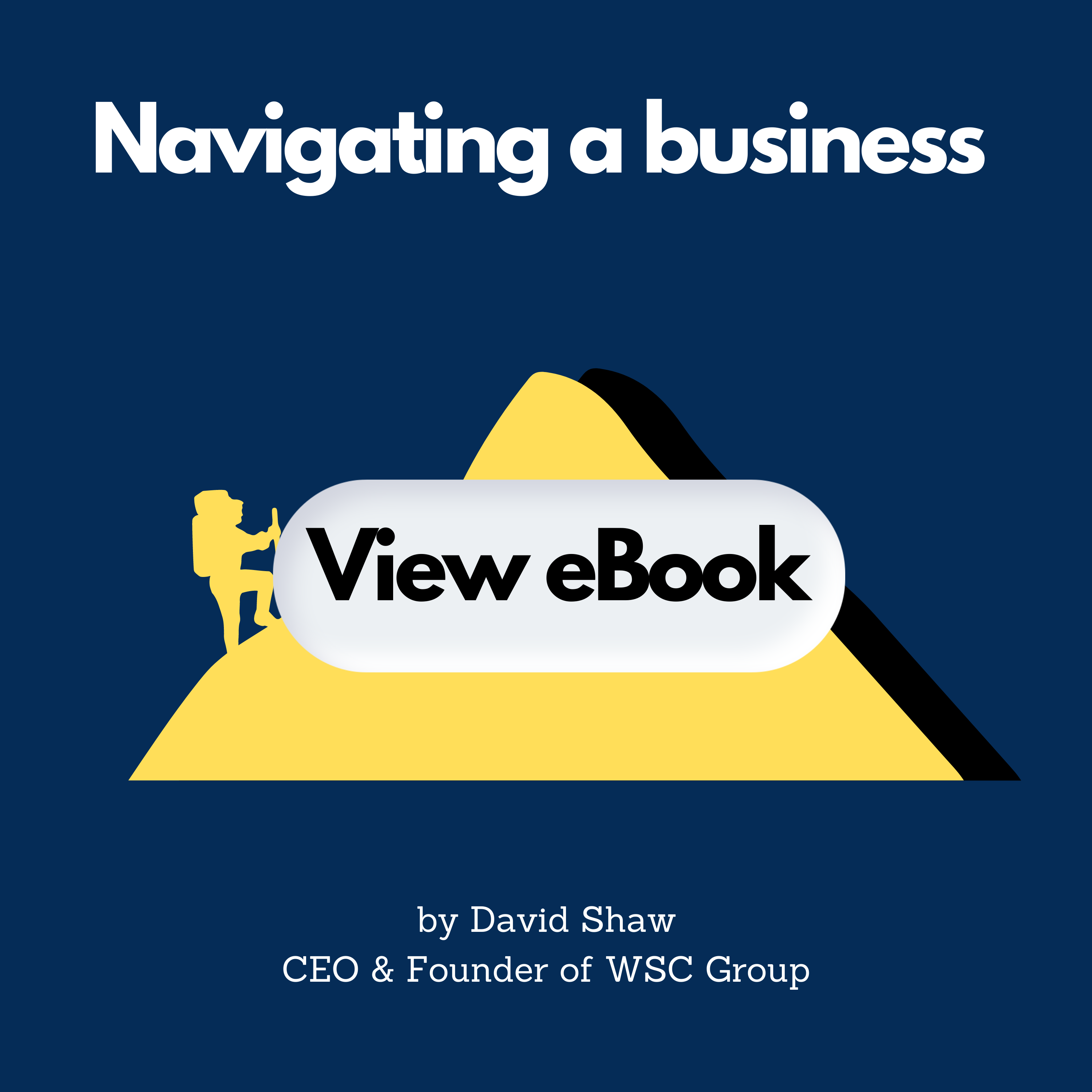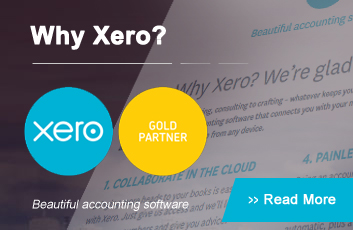
Latest News
Message from David Shaw
Recently the new Government has announced that after undertaking a review of the previous Government’s proposed changes from the last Federal Budget that only 18 of the 92 changes previously announced will be adopted.
The key highlights from these changes you should be aware of are:
- The $2,000 cap on self-education expenses is to be dumped
- The abolition of the statutory method of FBT motor vehicle changes will not be adopted
- The $100,000 tax free income limit for superannuation pensions per member will not be adopted
- The low income superannuation offset for employees with incomes below $37,000 to be scrapped
- The medical expense offset phase out will stay. This offset will be means tested and if not claimed in the 2012/2013 year it will no longer be claimed by the taxpayer.
Don’t forget if you have not sent in your tax return information for either your personal returns or your self- managed superfund, you should send this in the next two weeks so we can complete this over the December / January period. (checklists are attached for your convenience)
I would like to thank the WSC Group clients for their support over the last 12 months and particularly those clients who voted for me, enabling WSC Group to win the Tax Specialist of the Year Award in the Readers Choice Awards in the Your Investment Property Magazine. (please see attached article)
WSC Group will be closed from Friday 20th December and reopen on Monday the 6th January 2014. Everyone at WSC Group wishes you a relaxing December and January over the festive season.
Regards,
David Shaw
Spike in email scams
The ATO is warning taxpayers to protect their personal and financial details following a sharp spike in reports of tax- related email scams.
Since June, reports from the public of 'phishing' scams have quadrupled from 3,586 to 15,441 compared with the same period last year.
“While the public is reporting scam emails to the ATO in increasing numbers, scammers are also becoming more sophisticated in the way they trick taxpayers into handing over their personal details,” Tax Commissioner Chris Jordan said.
“We advise people to be vigilant of emails that mimic the ATO’s online publications. Think very carefully before clicking on links and attachments in emails or on social networking sites.
“The ATO will never send taxpayers an email asking them to confirm, update or disclose confidential information including your name, date of birth, home address, passwords or credit card details.”
Be careful about property arrangements with family!
The Administrative Appeals Tribunal (AAT) has held that a taxpayer who jointly owned a townhouse with his son (who lived there) was liable for CGT on his share of the property when it was sold.
Facts
In April 2002, the taxpayer purchased a townhouse for his adult son to reside in, but he had both of them registered on the title of the property, to "guard against his son acting unwisely".
His son lived in the townhouse until 2007, when he moved into another house, and in September 2007 the townhouse was sold and the proceeds from the sale were used to reduce the son’s debt to the bank for the second house.
The taxpayer was assessed for the 2008 income year for CGT on 50% of the net capital gain arising from the sale of the townhouse.
Reasons for Decision
The taxpayer claimed that:
- it was never his intention to profit from the sale of the townhouse, and that “he only went on the title to protect his ‘inexperienced’ son of 23 years from doing something ‘silly’ and selling the townhouse on a whim”; and
- he did not receive any of the proceeds of sale of the townhouse (as the entire net amount received went towards reduction of his son’s loan).
- However, the AAT stated that these matters did not alter his liability, as:
- for CGT purposes, a person is treated as having received money if it is applied as he or she directs;
- to be eligible for the 'main residence exemption' in respect of his liability for CGT on disposal of his interest in the property, the taxpayer would have had to reside in the townhouse himself; and
- there was no evidence that the taxpayer held his interest in the property ‘on trust’ for his son.
Are you sure your 'independent contractors' are not ‘employees’?
Two recent cases have highlighted how important the distinction between 'independent contractors' and 'employees' is:
- in one case, it was held that a plumbing business did not meet its superannuation guarantee obligations in respect of five of its plumbers that it had treated as independent contractors; and
- in a case between a taxi driver and the owner of the taxi, the Fair Work Commission held that the relationship between them was one of employer/employee, and therefore the unfair dismissal laws applied to their relationship. As a general proposition, an independent contractor provides personal services whilst working in and for his or her own business, whereas an employee provides personal services whilst working in the employer’s business.
Taxpayer slammed on (lack of) record keeping
The AAT has upheld the application of a 50% penalty to a taxpayer for ‘recklessness’ in claiming deductions that couldn’t be substantiated.
Facts
In the 2011/12 tax year, the taxpayer made the following claims for tax deductions in relation to his work as a car salesman:
- work-related car expenses of $23,065;
- work-related clothing and laundry expenses of $645; and
- other work-related expenses, including phone expenses and a car dealer’s licence expense, of $10,605.
Following an audit, these were reduced to nil, $150 and nil, respectively, and the ATO also imposed a penalty of $6,092, being 50% of the tax shortfall of $12,184 (on the basis the taxpayer was 'reckless').
Reasons for Decision
The taxpayer claimed that his conduct was unintentional and that the penalty was unfairly imposed on him, being “more severe than would be imposed in a court if he had been convicted of criminal conduct”.
However, it was established during the trial that:
- the taxpayer had not maintained a log book in relation to his claim for car expenses;
- the car dealer’s licence expense was not incurred in the relevant financial year;
- laundry expense records were not maintained (in any event, there was no requirement from his employer to wear specified clothing or shoes, and the taxpayer described his ‘work uniform’ as “merely whatever clothing he happened to be wearing on a particular day”); and
- phone records indicated that the taxpayer had two mobile phones (one used by his wife), that the account included home internet charges and that non-work related international calls were included.
Therefore, the AAT was satisfied that the taxpayer was grossly negligent in claiming the deductions included in his tax return, and that his conduct was more serious than mere failure to take reasonable care, so the 50% penalty was appropriate.
Taxi cents per kilometre rates
The current taxi cents per kilometre earnings rate (for the 2012 income year) is $1.27/km (up from $1.24/km for the 2011 income year).
This rate is the average amount of gross income earned by a taxi for the total kilometres travelled by the taxi in a year, including GST.
Taxi operators and drivers can use the rate to:
- compare their performance to the rest of the taxi industry; and
- check that their tax records accurately reflect their income.
The ATO also uses the cents per km rate where taxi operators or drivers do not have proper records.
2013/14 CGT improvement threshold
For the 2013/14 income year, the improvement threshold is $136,884 (up from $134,200 for the 2012/13 income year). This threshold is used for working out when a capital improvement to a pre-CGT asset is a separate asset and for capital improvements to CGT assets where a rollover may be available.
An Important Message
While every effort has been made to provide valuable, useful information in this publication, this firm and any related suppliers or associated companies accept no responsibility or any form of liability from reliance upon or use of its contents. Any suggestions should be considered carefully within your own particular circumstances, as they are intended as general information only. Please contact your WSC account manager for more information.














